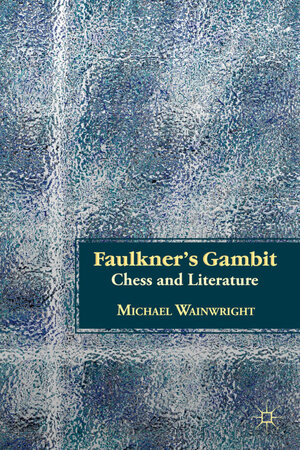
'This is an assured and highly original study of one of William Faulkner's most neglected works. Exposing the nineteenth-century chess master from New Orleans Paul Morphy as a key source of inspiration for Faulkner's conception of Gavin Stevens, Wainwright argues successfully for a reassessment of 'Knight's Gambit' as a key text in our understanding of the novelist's personal accommodation of postmodernism. At the same time, he provides a range of historically and theoretically informed insights into the engagement of twentieth-century literature with structuralist and poststructuralist thinking as well into as the psychology of chess as a game. My hat goes off to him.' David Rogers, Head of School of Humanities, Kingston University
'This study fills a critical absence in Faulkner studies and brings to that gap a fresh, innovative, and verifiable approach . . . Wainwright enters entirely new territory with this study . . . I recommend it highly.' - Joseph Urgo, Professor of English and President, St. Mary's College of Maryland




